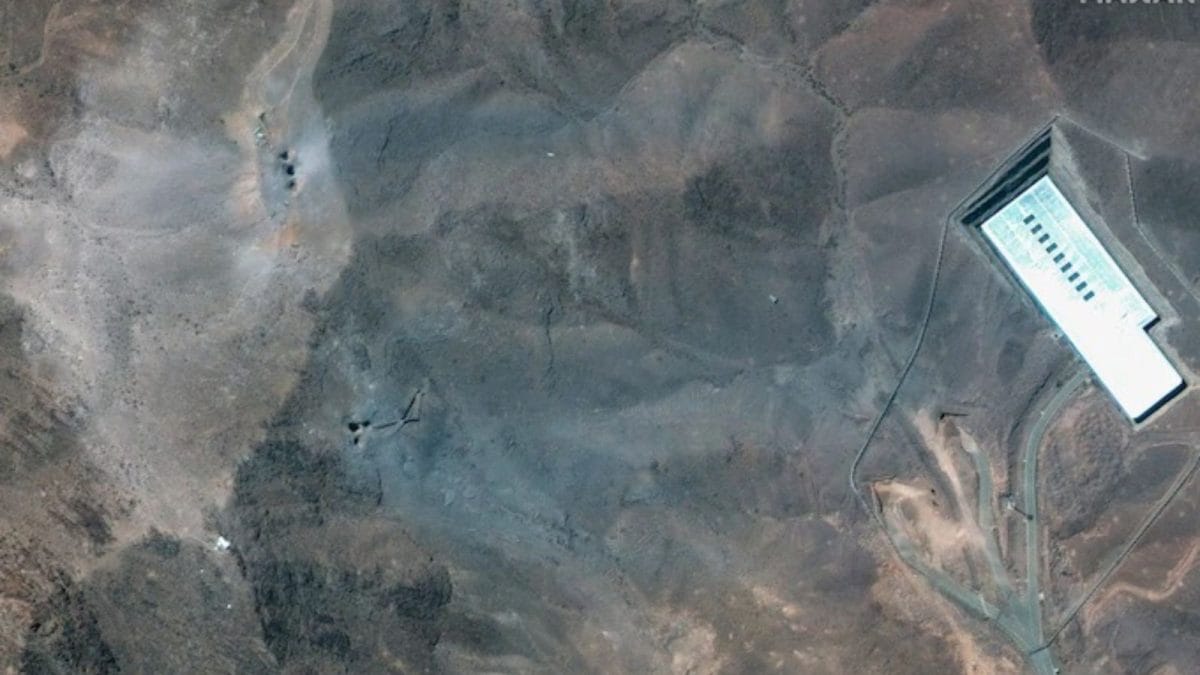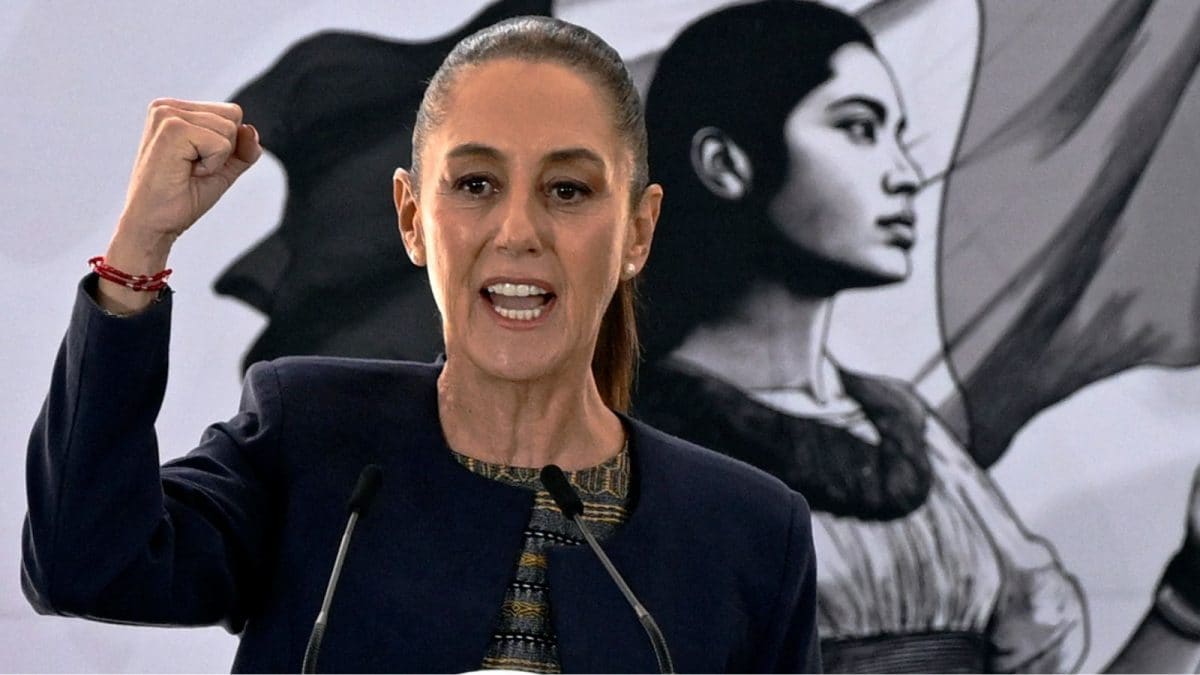ARTICLE AD BOX
Last Updated:July 05, 2025, 07:30 IST
An expert panel has warned that cosmetic products, often not subjected to toxicological scrutiny, pose significant danger when laced with mercury, especially through prolonged use

The expert panel, DCC, concluded that India’s current regulations under the Cosmetics Rules, 2020, are already in line with the Minamata Convention. Representational image
Even as concerns rise over the safety of anti-ageing and skin-whitening products—particularly after the untimely death of television personality and actress Shefali Jariwala sparked national debate—India’s top panel of experts at its drug regulatory body has chosen not to tighten its mercury regulations in cosmetics, despite firm recommendations from an expert panel.
At its latest meeting in June, the Drugs Consultative Committee (DCC) reviewed a proposal submitted by Botswana and Burkina Faso, on behalf of the African region, to amend Annex A of the Minamata Convention on mercury. The proposal, presented at the fifth Conference of Parties (COP-5) in Geneva in 2023, urges countries to phase out the manufacture, import, and export of cosmetics containing over 1 part per million (ppm) of mercury by 2025.
India had earlier constituted a subcommittee to evaluate the country’s regulatory alignment and obligations under the treaty. The panel comprised public health and toxicology experts, including a representative from the ministry of environment. In its report, the subcommittee explicitly recommended that “mercury use in the formulation of cosmetics has to be stringently discouraged/stopped", citing environmental and health risks. A copy of the recommendations has been seen by News18.
The panel also warned that cosmetic products, often not subjected to toxicological scrutiny, pose a significant danger when laced with mercury, especially through prolonged use.
However, the expert panel, DCC, concluded that India’s current regulations under the Cosmetics Rules, 2020, are already in line with the Minamata Convention. It ruled that “no amendments are needed" citing Rule 39(5), which permits up to 70 ppm mercury in eye-area cosmetics and 1 ppm unintentional mercury in other finished products. News18 has seen the minutes of the DCC meeting.
This decision stands in contrast to growing public and professional concerns about mercury-containing cosmetic products, which have surged in popularity amid the country’s booming anti-ageing and fairness industry. The tragic death of Shefali Jariwala, widely speculated to be linked to complications possibly arising from cosmetic or aesthetic procedures, has reignited concerns about the largely unregulated market for anti-ageing and skin-lightening treatments.
What is the Minamata Convention?
Botswana and Burkina Faso are countries in Africa, and, in the context of international environmental negotiations, they often speak on behalf of the African region at global forums.
The Minamata Convention on Mercury is a global treaty adopted in 2013 under the United Nations Environment Programme (UNEP). The treaty aims to protect human health and the environment from the harmful effects of mercury and mercury compounds.
At the Minamata Convention on Mercury, these two nations jointly submitted a proposal to amend Annex A (Part I and II) of the convention.
Their proposal aimed to phase out mercury-added cosmetics globally by 2025—including products like skin-lightening creams, which are widely used across various regions, including parts of Africa and Asia.
What did the subcommittee suggest?
Primarily, the panel concluded that “mercury use in the formulation of cosmetics has to be stringently discouraged/stopped".
The subcommittee had further advised that identifying mercury-containing products should be a priority. “It is to be identified that which particular product(s) is/are having mercury in the formulation. For that, a combination of sampling and self-declaration has to be used for monitoring/documenting the existing products before accepting the declaration of Minamata Convention," it said.
It further recommended an extension of two years to implement the proposed ban, urging the Central Drugs Standard Control Organisation (CDSCO) to determine a clear methodology for eliminating mercury from cosmetic products.
Additionally, the panel advised, “The manufacturer(s) have to submit a self-declaration regarding their product that is not having/containing mercury. This will have to be eventually cross verified by stringent laboratory testing."
Despite these recommendations, the DCC decided against any immediate changes.
Experts warn this could leave consumers vulnerable. “Considering the surge in online and offline sales of cosmetic products that promise quick fixes for ageing, pigmentation, and skin tone enhancement, often with undisclosed or unsafe levels of mercury, the decision may prove costly," said an industry expert on cosmetics and toxicology who retired from one of the largest cosmetic brands operating in India. “The subcommittee recommendations were accurate and needed attention, as mercury is lethal enough to cause heavy damage."

Himani Chandna, Associate Editor at CNN News18, specialises in healthcare and pharmaceuticals. With firsthand insights into India's COVID-19 battle, she brings a seasoned perspective. She is particularly pass...Read More
Himani Chandna, Associate Editor at CNN News18, specialises in healthcare and pharmaceuticals. With firsthand insights into India's COVID-19 battle, she brings a seasoned perspective. She is particularly pass...
Read More
- Location :
- First Published:
News india India Defers 'Cosmetic Changes' Over Mercury Threat, Even As Anti-Ageing Craze Grows



.png)
.png)
.png)
















 2 hours ago
5
2 hours ago
5








 English (US) ·
English (US) ·